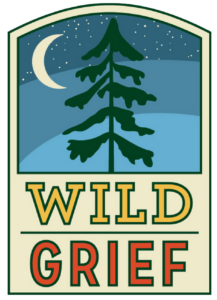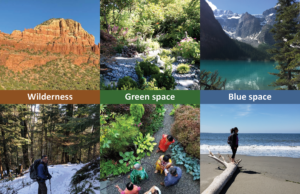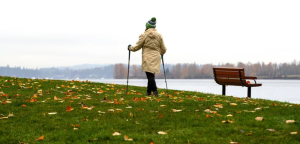The attack on Christian Cooper while birding in Central Park so painfully reminds us how inequitable our access to nature is. The recent killings by vigilantes of Ahmaud Arbery (1994-2020). The killings by police of Breonna Taylor (1993-2020), George Floyd (1976-2020), and Tony McDade (1982-2020) a Black transgender man, remind us yet again that this inequity is driven by deep-seated systemic racism. Previous killings and examples of institutionalized violence are countless and have been ongoing[1]. Other police killings include Amadou Diallo (1975-1999) and Eric Garner (1970 – 2014) who was a horticulturist at the New York City Department of Parks and Recreation. Manuel Ellis (1986-2020) was killed by the police and loved by many. Manuel was from Tacoma, and he was a young father who loved his daughter and was a talented musician at his church.
We mourn with the nation and stand with the protestors to cry out against the ceaseless injustice.
Nature and Health (N&H) is committed to the institutional practice of diversity and equity. We honor, value, and strive to embrace diverse and equitable learning environments, promote access, justice, and opportunity for all. Diversity and equity expand our collective perspective.
N&H acknowledges the Coast Salish peoples of this land, the land which touches the shared waters of all tribes and bands within the Suquamish, Tulalip and Muckleshoot nations. We have a responsibility to acknowledge our Indigenous connections, as well as, histories of dispossession and forced removal that have allowed for the growth and survival of this institution. We recognize that the social construction of ableism, institutional racism and cisgender shape history and society. We engage with community partners with multiple systems of knowledge, activities, experiences, and ideas. N&H actively weaves our commitment to diversity into education, organization, outreach, practices, policy, and research approaches.
- Note: this does not intend to convey a comprehensive list of police brutality and killings.
#BlackLivesMatter #NatureandHealth
NYT article ‘Running while Black’ by Kurt Streeter
 Wild Grief Virtual Hike Habits are an opportunity to come together for grief peer support and nature connection from the comfort of your own home.
Wild Grief Virtual Hike Habits are an opportunity to come together for grief peer support and nature connection from the comfort of your own home. The
The 

